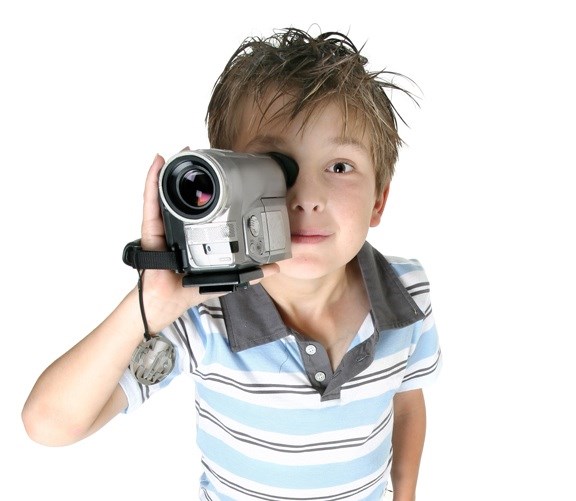Consequences. It's a nice simple word, but in terms of child discipline it is a word that is misunderstood and misused.
When children misbehave, parents discipline. It sounds easy enough, but we all know it's a challenge. Last week I wrote about how to prevent child misbehaviour and when that works it's wonderful. But, of course, it's a fantasy to think that our kids will never step over the line. They know the rules, the limits and expectations but knowing them doesn't mean they won't push to see how far they can go. This then leads to parents needing to discipline and help the child learn that there are consequences for breaking the rules.
Consequences are not in and of themselves negative. They are simply a reaction or response. When I touch my fingers to the keyboard, the consequence is that words appear on the screen.
So, when we teach kids about consequences we are helping them to understand that every decision carries with it an outcome, or consequence. They can easily see the connection between their action and the consequence.
This will help them to learn how to problem-solve and make responsible decisions. In order to problem-solve, they need to be able to imagine what the outcome would be from any decision they make. This will help them make responsible decisions.
However, they will still push the limits and misbehave. The trick when they misbehave is to help them to learn why what they did is a problem and have them deal with the consequences of their behaviour.
Often, we can step back and just let nature take its course. For example, if Savannah decides to dawdle while she's getting dressed she may be late for school. Then she will have to deal with the school-based consequences and will learn why it's preferable to get dressed on time. Of course, it would be nice if we could either prevent all misbehaviours or simply let the natural consequences be the teacher. But, that's not going to happen.
For a variety of reasons (health, safety, the law, or the absence of adequate natural consequences) parents sometimes have to step in and take an active role when their children misbehave. In this case we give nature a nudge by developing logical consequences, that are actually arranged natural consequences. In other words, we set them up but are careful to ensure that the consequence logically relates to the misbehaviour.
We need to ensure that whatever action we choose is as close as possible to what the natural outcome would be. It also needs to be designed to teach, not punish.
There are those who say that you should choose consequences that will make the child unhappy. For example, if he loves playing on his computer, take it away. That will teach him. It will teach him that parents can arbitrarily make him unhappy in the hopes that he won't misbehave again. And maybe he won't, but it will be for the wrong reasons.
Mind you, let's say that Evan came home from school and abandoned his bike on the driveway. So you look at what the natural consequences could be; in other words, what would happen if you did nothing. Well, it might be stolen, it might be run over or maybe nothing will happen. It's likely that none of these are acceptable to you.
So, he loses his bike privileges. He learns in this case that having a bike carries with it certain responsibilities. A bike owner needs to learn to lock his bike in the appropriate place so that it will be safe and available the next time he wants to go for a ride.
When we are clear with our kids about the rules and expectations and when the consequences of a misbehaviour make sense and are related to the misbehavior, our children learn how to assess their choices and follow the rules because that simply makes sense.
They will learn to do the right thing because it's the right thing to do. And isn't that our goal for child discipline?
Kathy Lynn is a parenting expert who is a professional speaker and author of Vive la Différence, Who's In Charge Anyway? and But Nobody Told Me I'd Ever Have to Leave Home. Sign up for her informational newsletter at parentingtoday.ca.



